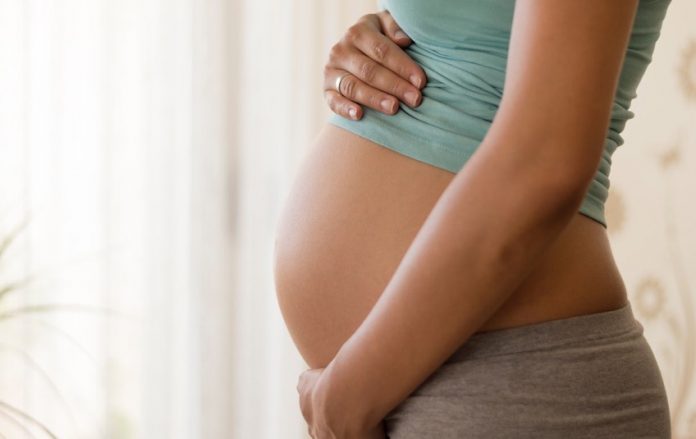Melanoma, the deadliest form of skin cancer, poses the greatest risk to pregnant women, suggests new research. In a study published online in the Journal of the American Academy of Dermatology, researchers from the Cleveland Clinic’s Dermatology & Plastic Surgery Institute found that women diagnosed with melanoma during their pregnancy or a year after giving birth were five times more likely to die than women who had the malignant skin cancer and were not pregnant.
“The rate of metastasis, recurrence and death in our findings were astounding – as the rates were measurably higher in women who were diagnosed with melanoma while pregnant or within one year of delivery,” senior author Brian Gastman, MD, a plastic surgeon and director of melanoma surgery at the Cleveland Clinic, said in a news release.
Because melanoma is on the rise in women of child-bearing age, Gastman and his colleagues used a large clinical database to analyze the records of 462 women who were aged 49 and younger and who had been diagnosed with melanoma between 1988 and 2012. Among the group were 41 women who had the skin cancer during pregnancy or within a year after giving birth.
The average age of the women at the start of the study was 35, and they were typically followed for at least seven years. Most of the women were diagnosed with stage 0 or 1 melanoma.
“We saw significant, worse prognoses and outcomes for women with a pregnancy-associated melanoma compared to a control group of non-pregnant women,” said Gastman. Along with a higher risk for death, the findings showed that melanoma during or right after pregnancy meant the women were 6.9 times more likely to experience metastasis – spreading of the cancer to other organs – and 9.2 times more likely to have a recurrence.
Among the 41 women with melanoma, 12.5 percent saw the cancer return following treatment, compared with 1.4 percent of the other women in the study. Metastasis happened in 25 percent of the pregnant women versus 12.7 percent in the women who weren’t pregnant. The death rate was 20 percent for women with pregnancy-related melanoma compared to 10.3 percent in women who weren’t pregnant.
Gastman emphasized that pregnancy does not cause melanoma. We “are not saying that [pregnant women] are more likely to get melanoma” than other women,” he told Live Science. However, if pregnant women do get the skin cancer, “that melanoma tends to be virulent [and] more aggressive” than melanoma in other women.
The researchers aren’t certain why pregnancy-related melanoma is more dangerous, but they theorized it may be related to hormonal changes that occur during pregnancy. They also suggested that melanoma becomes more aggressive in pregnant women because the immune system is dampened during pregnancy to keep a woman’s body from rejecting the fetus.
The study team sees the results as a red flag for women who have been diagnosed with melanoma or who have a family history of the disease. They urged women to be hyper-vigilant about examining their skin for any changes or abnormalities and to seek treatment promptly if anything looks suspicious.
And the best time to prevent melanoma is before women reach child-bearing age. In an email to Reuters, Gastman noted parents should limit kids’ exposure to the sun’s ultra violet rays and make sure they wear sunblock or protective clothing when outdoors. He also advised parents to caution their children – especially teenage girls – about the risks associated with tanning beds.
“We know that melanoma is rising in young women more than in young men,” Gastman said. “We also know that the die may be cast during childhood. So combining all of this, this is as much a parental issue in caring for young female children as it is for young women.”








